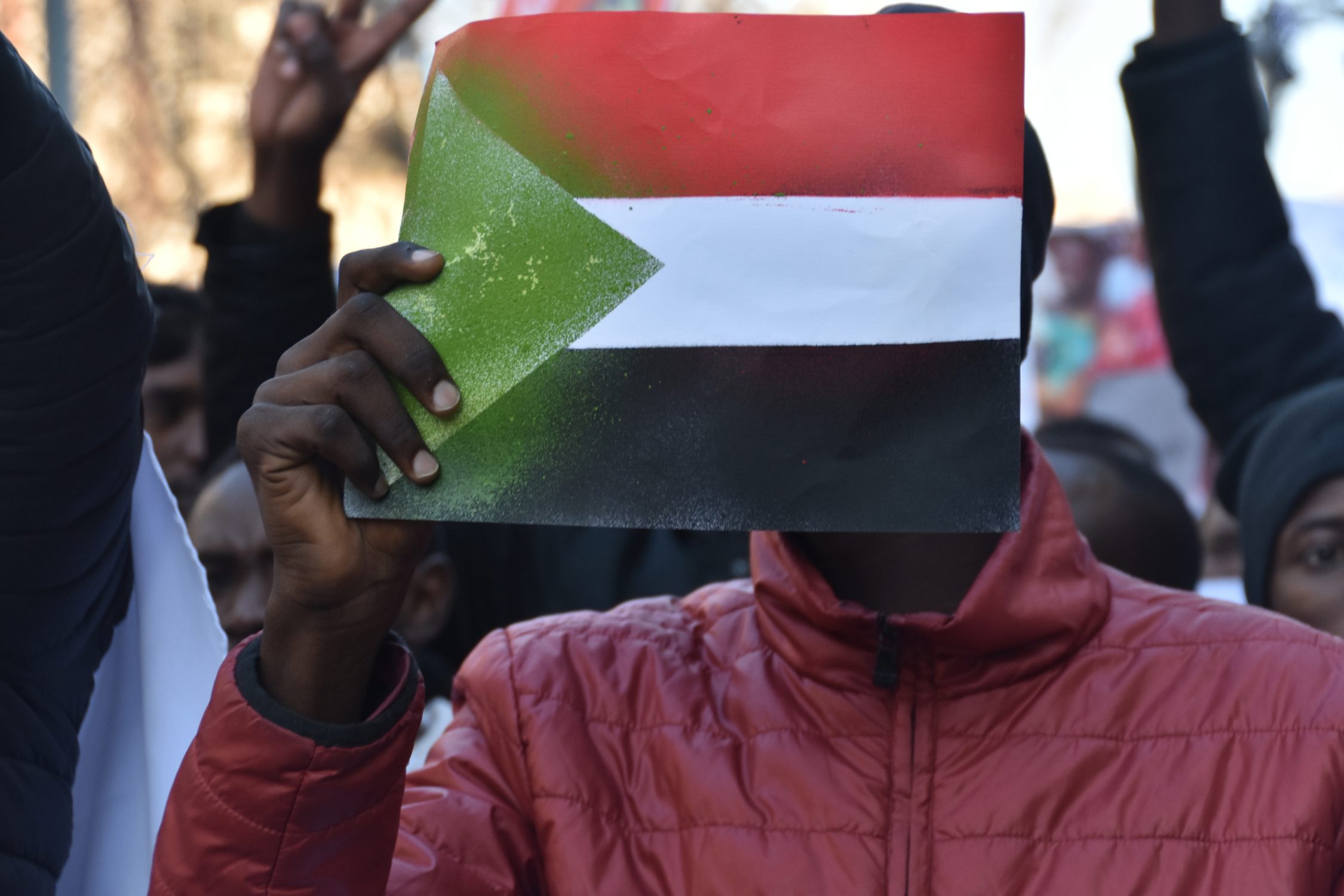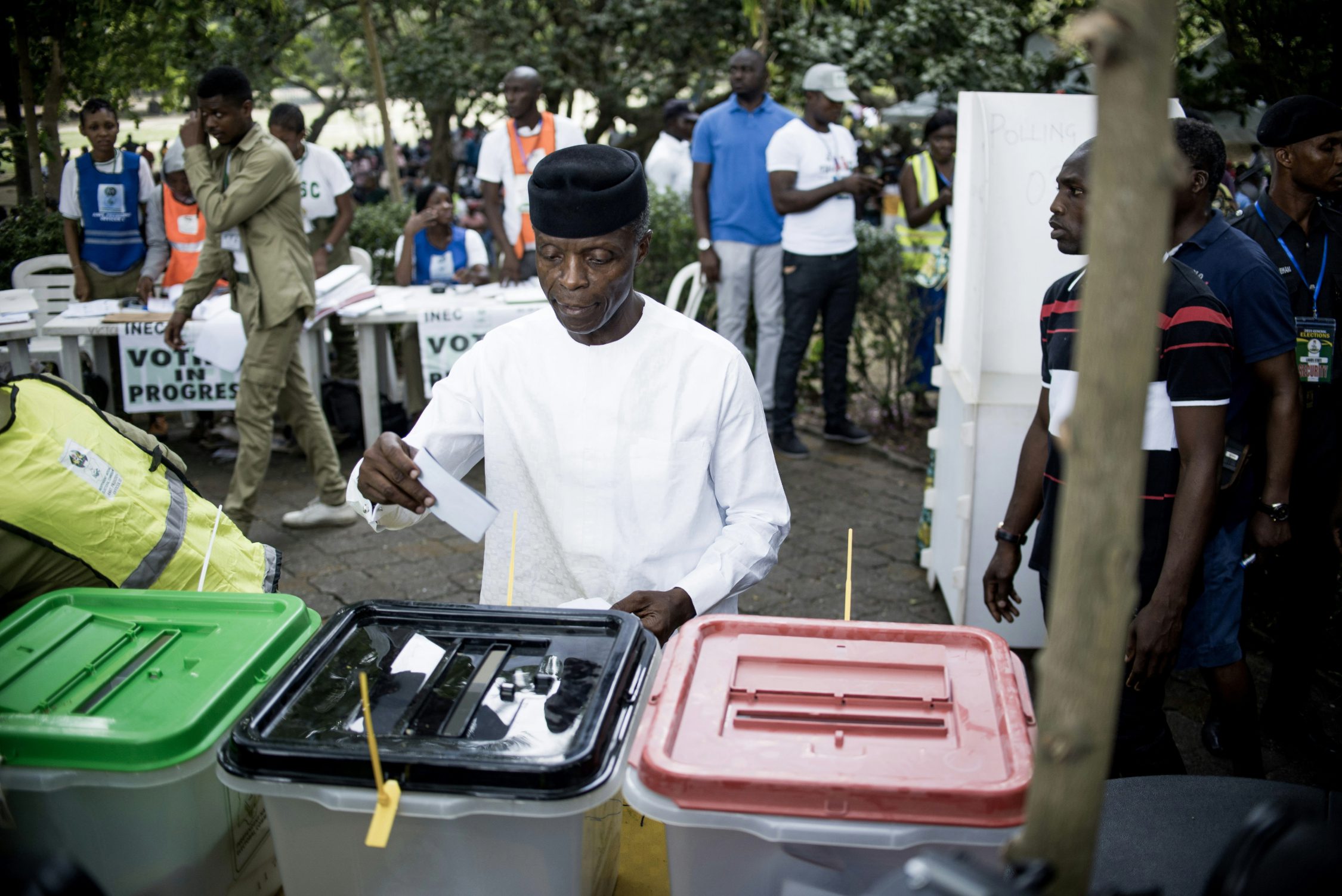In a paper published today, “BRICS-Plus versus Pax Americana in the Red Sea Arena,” I frame the crisis in Red Sea Arena as the point of impact of contending war economies. The newly-expanded club of the BRICS, now including Red Sea Arena Middle Powers (RAMPs), are challenging the Pax Americana and its allies, but are also in contest with one another. Intersecting fractures are splitting the globe, but also creating a shatter zone of the fragile countries in the southern Red Sea Arena—Yemen and the Horn of Africa.
Contest among outside powers has long defined the Red Sea and its environs. Without special effort to ensure peace and security the danger of relapse is ever present. That’s happening today on both shores and both ends of the Red Sea.
The Pax Americana is a faded Leviathan. Its saving grace was its commitment to liberal multilateralism—but that is seriously damaged by Israel’s war in Gaza and hostilities against Yemen’s Ansar Allah, known as the Houthis.
The BRICS-RAMP club wants to rewrite the rules of the global economy and multilateral politics, from an illiberal codebook. If offers no solutions to the crises of conflict and hunger.
The contending powers, regional and global, do not even have an agreed agenda for emergency food security.
This paper explains the concept of the ‘Red Sea Arena’. It examines how the arena is the cockpit for the contest between BRICS-RAMP and the Pax Americana, as well as the rivalries and conflicts among BRICS-RAMP countries, and how these can be seen as a scramble to secure resources for war economies. It outlines the emaciated, illiberal multilateralism that emerges and concludes with the prospects for permanent emergency in the poorer countries of the Red Sea Arena.



